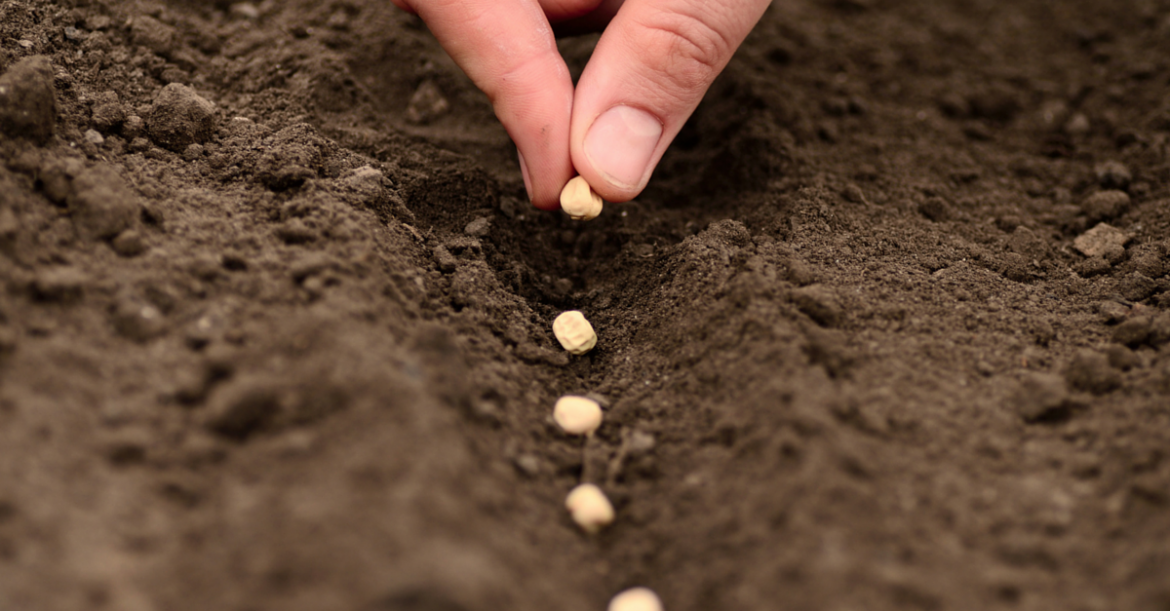Whether living in a city, a suburb or deep in the woods, growing herbs, vegetables and other crops at home has become a passion for people all over the world. The benefit of at-home gardening doesn’t just stop with the food it produces; it’s also a hobby and source of entertainment for those who grow. And in recent years, organizations have started to recognize this large group of at-home gardeners and built up communities and resources centered around making gardening more accessible to anyone with an interest in the subject.
Seed Libraries are one such community and resource. Some, including the Portland Seed Library and the Bay Area Seed Interchange Library (BASIL), are organized and run by independent organizations. They don’t have fees and allow members to check out seeds; plant, grow and harvest the plants; and then return a portion of their crop for the library to use as the next generation of seeds. These seed libraries also include instructions for gardening, tips on the best seeds for certain neighborhoods and suggestions as to which seeds are the most difficult or prone to cross-pollination.
Another type of seed library is one that charges a membership fee for mail order seeds, like the Hudson Valley Seed Library. Members agree to pay $20 plus seed shipping costs each year in order to receive a high quality seed for planting. In this case, gardeners do not have to return seeds after harvest, but if they do, they will receive a discount on the next year’s membership fee. The Seed Library of Los Angeles (SLOLA) asks for a $10 lifetime membership fee for access to its seeds. It is run out of The Learning Garden at Venice High School and started with just a few highly researched seeds. This community lends seeds out to its over 85 members for planting and with the hopes that they will donate their best crops back to the organization. SLOLA also has members agree to a “safe seed pledge,” stating that they will not knowingly buy, grow, share or trade genetically engineered seeds or plants.
City public libraries have also began to open special sections so that members can check out books, movies and seeds all in one place. The San Francisco library system started the San Francisco Seed Library as a volunteer only initiative at their Potrero Hill and Hayes Valley Farm branches. It is free for anyone with a local library card to borrow, grow and return a portion of their crop. This seed library also has an online seed catalog and planting calendar, outlining tips for planting in the Bay Area’s many micro climates. Other public libraries have developed similar programs, including the Seed-to-Seed Library at a Fairfield, CT branch and the Richmond Grows Seed Lending Library in Richmond, CA.
The University of Illinois Chicago (UIC) is in the process of developing the Hull-House Seed Library, which will be free to anyone who signs up. They are one of the many organizations expanding on the seed library trend, one that does not look to be subsiding any time soon. We are now at a point in time where many people want to know where their food comes from. Even city dwellers gain a certain sense of pride from being able to grow the food they eat and serve. Seed libraries are a way to save money on food while meeting a community of like-minded people in your area and I think we will see more and more pop up in the near future.
If you’re interested in finding a seed library near you or starting one of your own, leave a comment and we’ll do our best to get you the information you need.
 Food
Food Farmers
Farmers Sustainable Living
Sustainable Living Living Planet
Living Planet News
News